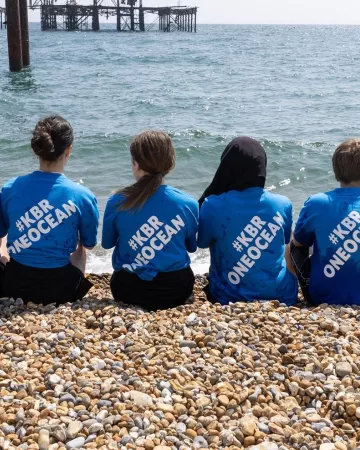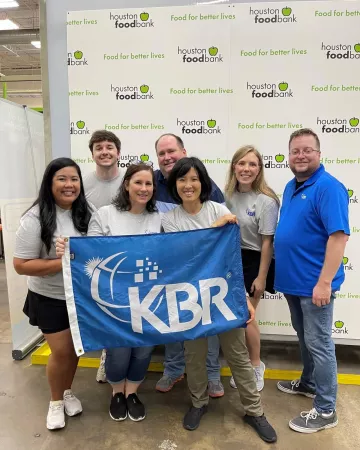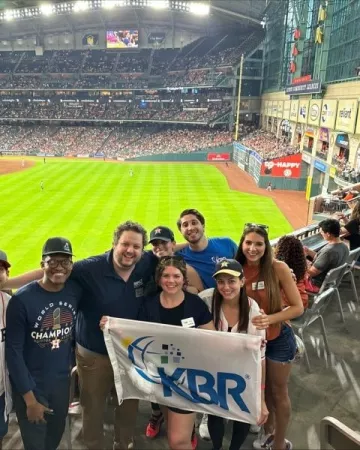


We Deliver
We are our clients’ trusted partner. We are uncompromising in our commitment to deliver innovative, high-quality, technology-led solutions for them and exceptional, sustainable value for all our stakeholders — underpinned by strong commercial and operational discipline.
We Value Our People
Our people are the heart of everything we do. We are dedicated to creating work environments in which every member of our team of teams feels safe, supported, respected, trusted and valued, and where each person is given opportunities to belong, connect and grow.
We Are People of Integrity
We are people of character, who value honesty, trust, courage, fairness, prudence and tenacity. We believe that doing what’s right for the planet, the communities where we live and work, and our people is good for our business. We will not sacrifice our integrity.
Our Values
We Are a Team of Teams
We have a will to succeed, individually and as a company, but we value the achievements of our team of teams over our individual accomplishments. Our collective focus powers our operational excellence, fuels our passion for delivering for our customers, and makes us a better, stronger, more effective and efficient company. We are ONE KBR.
We Empower
We empower all our people with a shared purpose, the right tools, and the supportive culture they need to be proactive, to be adaptive to change and to succeed. We trust them to be independent decision-makers who aren’t afraid to meet any challenge head-on and who proudly own their work.
Latest Insights & News
07 Jan 2026
Press Release









